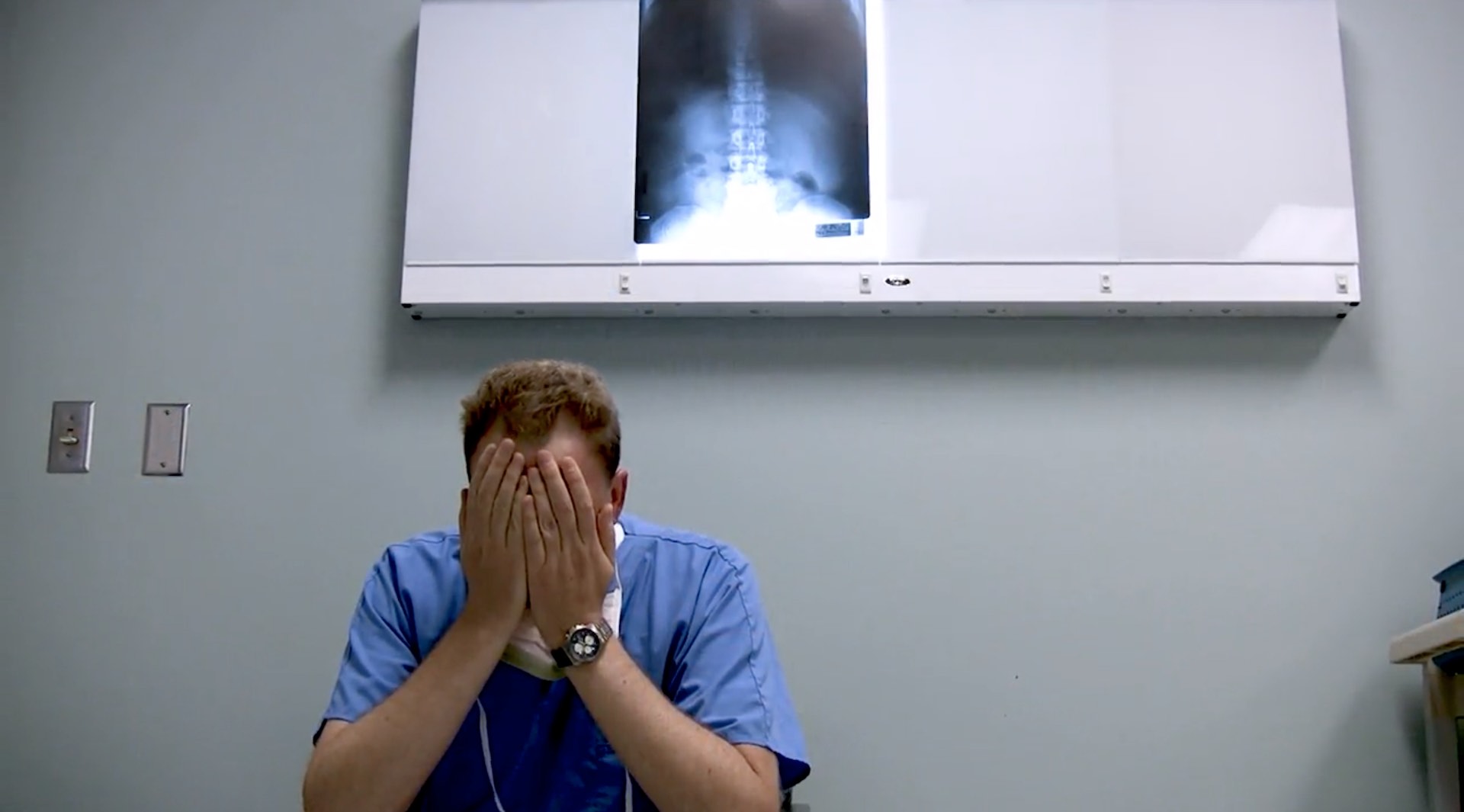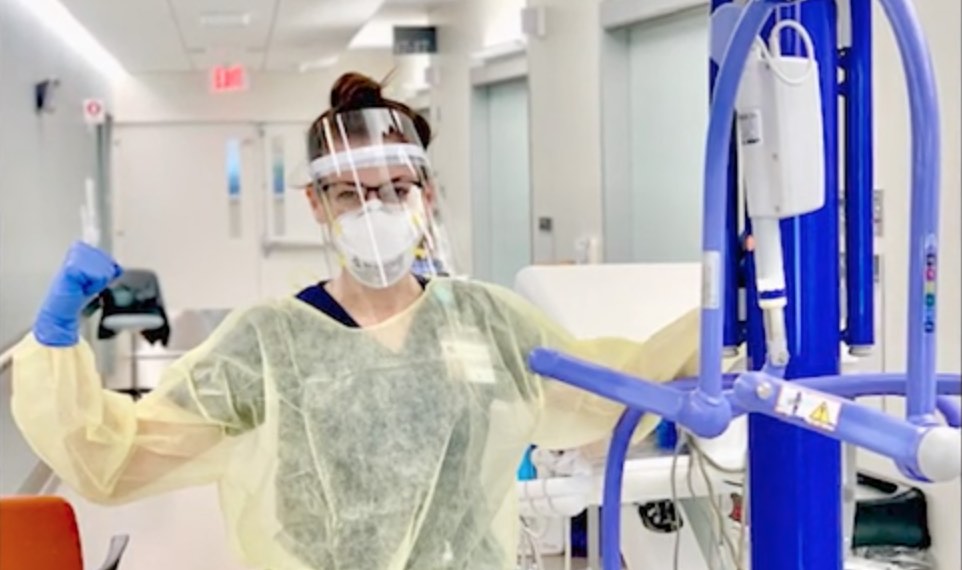Increased fluids plus lemon juice may prevent urinary catheter blockage
Reuters Health • The Doctor's Channel Daily Newscast
March 18, 2010 • Critical Care, Emergency Medicine, Family Medicine, Hospitalist, Internal Medicine, Medical Students, Nurses/NP/PA, Patient Education, Reuters Health • The Doctor's Channel Newscast, Urology
NEW YORK (Reuters Health) – Drinking extra water combined with lemon juice might prevent encrustation of long-term indwelling urinary catheters, sparing patients from urinary retention or incontinence due to sudden catheter blockage.
Urinary catheter encrustation starts with biofilm formation by urease-producing bacteria, particularly Proteus mirabilis, the authors explain in the April Journal of Urology. Ammonia generated from urea then increases urine pH, leading to precipitation of calcium and magnesium phosphates. The pH at which this occurs – nucleation pH, or pH(n) – may fall below the voided urine pH, or pH(v), causing crystallization in urine and biofilm and eventually blocking urine flow.
Research has shown that the higher the nucleation pH of the urine and the greater the safety margin between the nucleation pH and the pH in the voided urine, the longer it takes for catheters to become blocked, according to the researchers.
Lead author Dr. Azhar Khan and associates at Southmead Hospital Bristol, UK theorized that manipulating pH(n) and pH(v) to increase that safety margin might help control catheter encrustation. Diluting urine by increasing fluid intake increases pH(n), as does citrate, which chelates divalent metal ions such as Ca++ and Mg++ and inhibits their crystallization.
Their randomized cross-over study included 20 patients (mean age 63 years) with indwelling urethral or suprapubic catheters for longer than 3 months. Each patient had positive urine cultures for P. mirabilis and a history of catheter blockages, but patients needing antibiotics were excluded.
The researchers randomly assigned patients to a sequence of three consecutive treatments for one week each, separated by one-week washout periods. Each treatment involved a one-liter per day increase in fluids in addition to their routine intake. Treatment 1 used water alone, while treatments 2 and 3 used 60 mL concentrated lemon juice or 6 g potassium citrate per one liter of water, respectively.
Mean nucleation pH increased the most with potassium citrate, from a baseline of 7.45 to 7.96, followed by lemon juice (7.93) and plain water (7.68).
However, lemon juice decreased urinary pH the most, leading to a greater average increase in the safety margin of 0.84, followed by an increase of 0.57 for plain water and 0.41 for potassium citrate.
Because potassium citrate increased the safety margin to a smaller extent than plain water, the authors speculate that “potassium citrate may have a potentially deleterious effect in this patient group, particularly if they fail to maintain hydration.”
Despite the washout periods, the authors caution that they can’t rule out a carryover effect from one treatment to another.
The next step, the authors say, should be a trial to examine whether drinking lemon juice would actually reduce rates of catheter encrustation and blockage. Such a trial should probably include standardized diets and longer observations periods, they add.
Reference:
J Urol 2010;183:1390-1394.
Urinary catheter encrustation starts with biofilm formation by urease-producing bacteria, particularly Proteus mirabilis, the authors explain in the April Journal of Urology. Ammonia generated from urea then increases urine pH, leading to precipitation of calcium and magnesium phosphates. The pH at which this occurs – nucleation pH, or pH(n) – may fall below the voided urine pH, or pH(v), causing crystallization in urine and biofilm and eventually blocking urine flow.
Research has shown that the higher the nucleation pH of the urine and the greater the safety margin between the nucleation pH and the pH in the voided urine, the longer it takes for catheters to become blocked, according to the researchers.
Lead author Dr. Azhar Khan and associates at Southmead Hospital Bristol, UK theorized that manipulating pH(n) and pH(v) to increase that safety margin might help control catheter encrustation. Diluting urine by increasing fluid intake increases pH(n), as does citrate, which chelates divalent metal ions such as Ca++ and Mg++ and inhibits their crystallization.
Their randomized cross-over study included 20 patients (mean age 63 years) with indwelling urethral or suprapubic catheters for longer than 3 months. Each patient had positive urine cultures for P. mirabilis and a history of catheter blockages, but patients needing antibiotics were excluded.
The researchers randomly assigned patients to a sequence of three consecutive treatments for one week each, separated by one-week washout periods. Each treatment involved a one-liter per day increase in fluids in addition to their routine intake. Treatment 1 used water alone, while treatments 2 and 3 used 60 mL concentrated lemon juice or 6 g potassium citrate per one liter of water, respectively.
Mean nucleation pH increased the most with potassium citrate, from a baseline of 7.45 to 7.96, followed by lemon juice (7.93) and plain water (7.68).
However, lemon juice decreased urinary pH the most, leading to a greater average increase in the safety margin of 0.84, followed by an increase of 0.57 for plain water and 0.41 for potassium citrate.
Because potassium citrate increased the safety margin to a smaller extent than plain water, the authors speculate that “potassium citrate may have a potentially deleterious effect in this patient group, particularly if they fail to maintain hydration.”
Despite the washout periods, the authors caution that they can’t rule out a carryover effect from one treatment to another.
The next step, the authors say, should be a trial to examine whether drinking lemon juice would actually reduce rates of catheter encrustation and blockage. Such a trial should probably include standardized diets and longer observations periods, they add.
Reference:
J Urol 2010;183:1390-1394.









